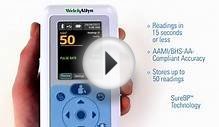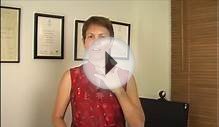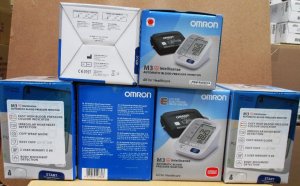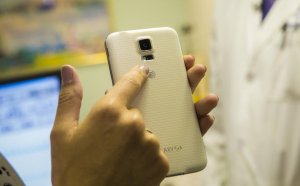
BP devices
- This article is a collaboration between MedPage Today® and:
Mandibular advancement devices are almost as effective as continuous positive airway pressure (CPAP) for lowering blood pressure in patients with obstructive sleep apnea, according to a systematic review and meta-analysis.
The analysis showed slightly greater systolic and diastolic blood pressure (BP) reductions in patients treated with CPAP, but the difference was not statistically significant, wrote Daniel Bratton, PhD, of University Hospital Zurich, and colleagues, in the Journal of the American Medical Association.
CPAP has a proven track record for improving symptoms associated with sleep apnea, including hypertension, but compliance with the nasal mask treatment is poor. Mouth guard-like mandibular advancement devices (MADs), which open the airways by moving the lower jaw forward, tend to be better tolerated, but their impact on blood pressure has not been well studied.
"To our knowledge, no (previous) meta-analysis has comprehensively compared CPAP vs MADs on change in blood pressure, perhaps due to a lack of randomized controlled trials, " the researchers wrote.
Their analysis of 51 randomized studies with 4, 888 patients mostly included trials comparing CPAP with an inactive control (44 studies). Three studies compared MADs with an inactive control, one trial compared CPAP with MAD (126 patients), and three compared CPAP, MADs, and an inactive control (244 patients).
The authors reported that compared with inactive control, CPAP use was associated with a reduction in systolic blood pressure (SBP) of 2.5 mmHg (95% CI 1.5 to 3.5 mmHg, P
RELATED VIDEO



Share this Post
Related posts
Omron Upper Arm Blood pressure Monitor
Offering precision and comfort with our Easy-Wrap ComFit Cuff that fits standard and large Arms, the 7 Series Upper Arm Blood…
Read MoreBP and Heart Rate Monitor
Instant Heart Rate is the most accurate Heart Rate Monitor app for any smartphone and it does not need any external hardware…
Read More











